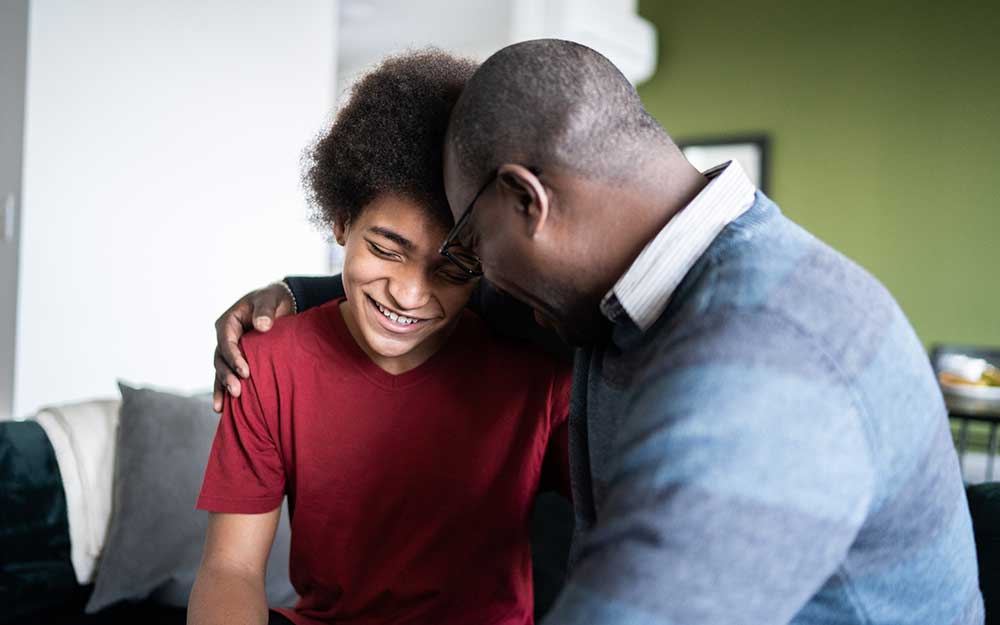Mental health is a critical component of our overall well-being, yet a recent report from Mental Health America has troubling findings:
- More than 2.7 million youth in the U.S., ages 12 to 17, are experiencing severe major depression.
- 6% of youth in the U.S. reported a substance use disorder in the past year.
- 21% of adults in the U.S. are experiencing a mental illness.
When someone decides to receive treatment, friends and family often feel overwhelmed and wonder what they can do to help.
At Rogers, support from a patient’s loved ones is an important part of our therapeutic approach. Friends and Family University offers education to support the patient’s recovery journey while in treatment and helps ease the transition back home.
“We seek to educate caregivers in the treatment, recovery, and mental health support of their children,” says Peggy Scallon, MD, psychiatrist, medical director of Focus Depression Recovery adolescent residential care at Rogers in Oconomowoc. “We review topics that are helpful such as parenting or caregiver strategies, skills, and concrete guidelines for how to deal with kids dealing with depression, behavior, mood, and anxiety challenges.”
Dr. Scallon says loved ones learn how to continue to support treatment strategies when the child returns home, in addition to understanding how to avoid reinforcing maladaptive behavior.
“We take an educational support stance,” says Dr. Scallon. “We try to help families move forward, offering the right amount of support and structure, while also encouraging and nudging the child, sometimes pushing them out of their comfort zone.”
Here’s how one patient’s parent said Friends and Family University helped:
“This program helped train me as much as it did my son. As a parent, come open to being ‘wrong’ in that there may be things that feel natural to do as a parent (reassuring/accommodations) that you will need to stop doing. It gets harder before it gets better, but there’s so much support in the program… Soak up all the information through Friends and Family University, through the handouts you receive, and through the modeling of how your behavioral specialist interacts with your child. …We now know how to deal with (our son’s challenges) and have a huge toolbox to utilize.”
Adrianne McCullars, PhD, psychologist and senior clinical director, says caregivers and loved ones of Rogers’ adult patients can also benefit from Friends and Family University.
“People may feel unsure of how to help, or they may have attempted solutions but don’t know how to proceed,” says Dr. McCullars. “Through Friends and Family University, we seek to educate to ensure that loved ones have all the tools they need to help support the patient throughout treatment and after discharge. Families of our adult patients can at times feel judged and blamed for their adult child’s or spouse’s mental health struggles. One of our goals is to bring the support network together to help create a sense of connection and belonging.”
For child and adolescents, Friends and Family University is available in our treatment for depression and other mood disorders, eating disorders, OCD and anxiety for children through age 12, and emotional dysregulation in female adolescents. For adults, please check with the treatment team.
Rogers offers compassionate and evidence-based inpatient, residential, and intensive outpatient treatment. Click here to check out our locations. For a free, confidential screening, call 800-767-4411.


